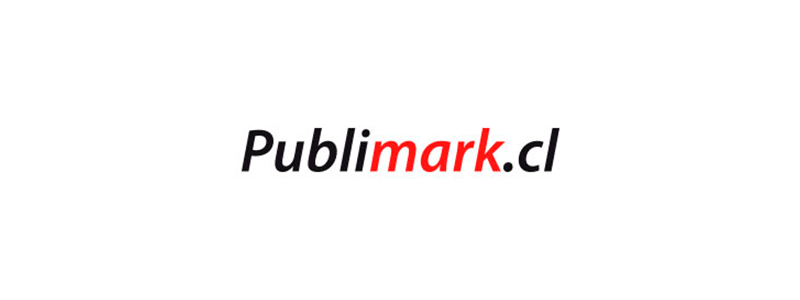We address the main changes brought about by the forthcoming Economic Crimes Law in relation to intellectual and industrial property.
The new Economic Crimes Law implies the inclusion of more than 200 crimes that are currently contained in different legal bodies, maintaining the same penalties, but assigning them a different qualification according to their seriousness in comparison with other crimes.
In addition, all of them are incorporated into the Law on Criminal Liability of Legal Entities, which would imply that companies would also be liable for them.
In this sense, the conducts related to the protection of copyright contemplated in the Intellectual Property Law and those that are in the Industrial Property Law, will be included in the catalog of the Criminal Liability of Legal Entities Law.
Thus, all crimes affecting intellectual or industrial property, provided that they are linked to the activities of the company and the fact has been favored or facilitated by the lack of an adequate crime prevention model, will be imputable to companies. This adjustment may lead to the fact that offenses that were previously resolved in civil courts will now be dealt with in criminal courts.
Thus, the legal entity could be criminally liable, for example:
– When the company uses works of another’s domain, protected by the intellectual property law, unpublished or published, without being expressly authorized to do so.
– When the companies grant licenses with respect to works or interpretations or performances or phonograms that are protected, lacking the authorization of the holder of the rights or the law.
– When works protected by intellectual property law are counterfeited in the company, or are edited, reproduced or distributed falsely displaying the name of the authorized publisher, suppressing or changing the name of the author or the title of the work, or maliciously altering its text.
In the same line, companies that infringe industrial property will be criminally liable when:
– They maliciously use, for commercial purposes, trademarks equal or similar to another already registered for the same goods, services or establishments or in respect of goods, services or establishments related to those covered by the registered trademark.
– Use, for commercial purposes, unregistered, expired or cancelled trademarks, with the indications corresponding to a registered trademark or simulating them.
– For commercial purposes, use an unpatented object, or one whose patent has expired or has been annulled, using on said object the indications corresponding to a patent of invention or simulating them.
Indeed, those crimes that affect copyright and also those that involve industrial property rights, which mainly involve infringements of trademark rights, patents, utility models, industrial design, designation of origin, among others, will constitute liability.
In this sense, and given that we live in a highly digitalized world, it is crucial to keep in mind that all industries, regardless of their nature, may face the risk of committing crimes related to intangible assets. Marketing activities, positioning, media and other strategic aspects of a company can act as a breeding ground for the infringement of intellectual and industrial property rights.
For example, in the area of marketing and advertising, the creation and dissemination of content may give rise to possible copyright infringement or trademark misuse. In addition, in the process of positioning and developing a brand, it is essential to ensure that elements that may be protected by third party intellectual property rights are not used.
Therefore, it is essential to consider that these changes in the legislation will mean an increase in the economic and legal responsibilities that fall on legal and natural persons in case of involvement in this type of crime. In this line, our recommendation is to carefully examine the company’s activities, paying special attention to the most exposed areas.
Finally, it is important to understand that the responsibility falls on companies to ensure the protection and respect of intellectual property rights. This implies that the implementation of an adequate crime prevention model, as well as a continuous review of internal practices and processes to detect and mitigate any potential risk must be transversal to the industries, as all of them must be alert to the risks related to this matter and work together to implement effective policies and practices to ensure compliance.
For more information on these topics please contact:
Eugenio Gormáz | Partner | egormaz@az.cl
Francisca Franzani | Director Compliance Group | ffranzani@az.cl
Constanza Pasarin | Associate | cpasarin@az.cl




